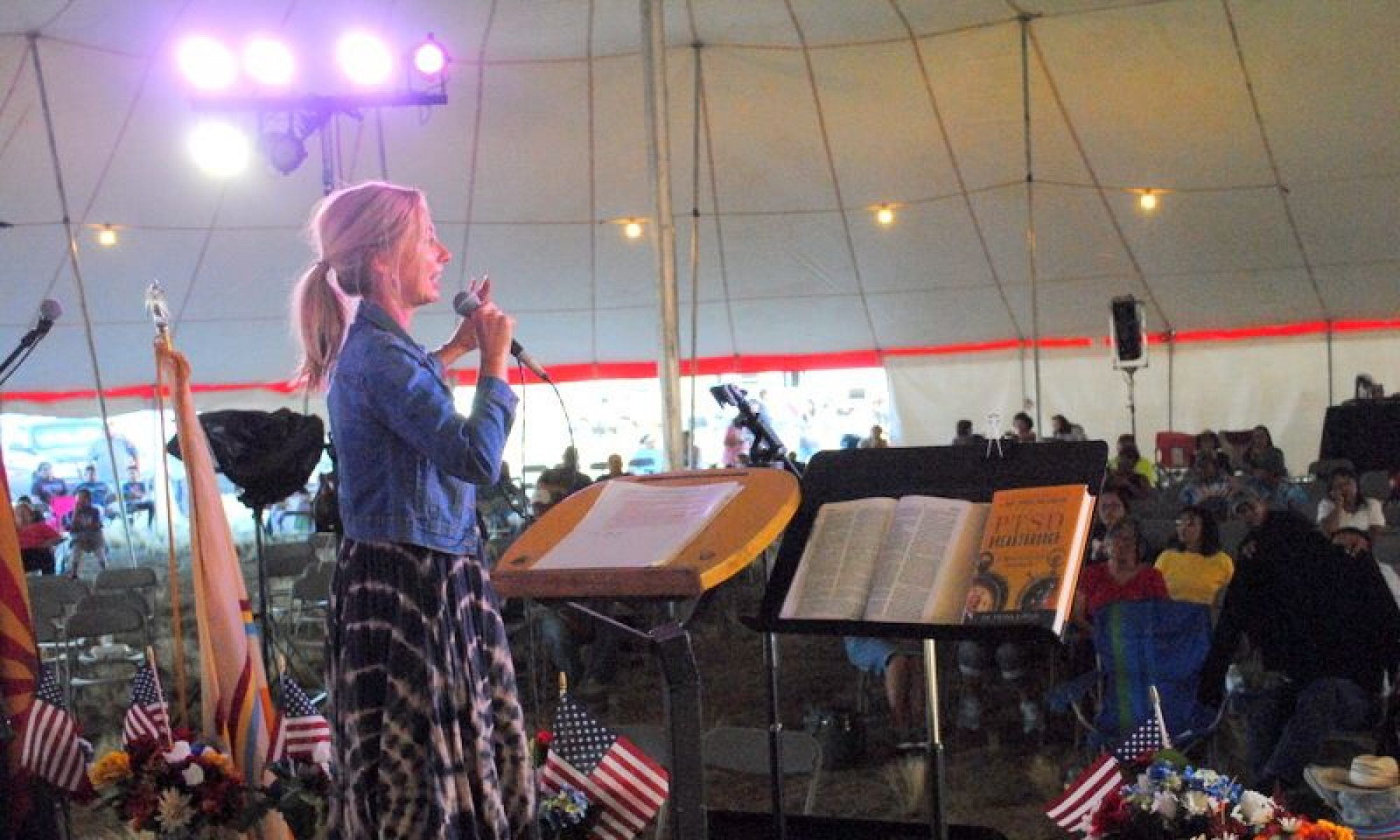Have you ever wondered why what was a robustly ‘Christian nation’ in Germany was quickly secularised and taken in by Adolf Hitler? Initially, many Christians didn’t realise what was happening. When they became aware, it was too late. By then, they didn’t know what to do and how to respond.
Learning from History
The reason for this post is to highlight that many of the same values that destroyed Germany are being taught in the West today. It has been said that ‘those who disregard history are condemned to repeat it.’ We therefore have a responsibility to be aware of what is happening and to stand for truth and the blessings that come with following God’s ways.
Territory gained has to be maintained, otherwise it can be lost. Christian heritage is not self-sustaining. The freedoms we have enjoyed in the past must be defended in every generation.
Nazism didn’t arise in a vacuum. There were cultural streams that made it possible for this ideology to emerge and gain wide acceptance in popular culture. As we saw with the COVID-19 pandemic, William Sargant was correct when he wrote in his 1957 book, Battle for the Mind: A Physiology of Conversion and Brain-Washing, that people have “temporarily impaired judgement” and have “herd instinct” seen clearly in “wartime, severe epidemics, and in all similar periods of common danger, which increase anxiety and individual mass suggestibility.”1
I’ve visited the Auschwitz concentration camp in Poland where 1.2 million people were murdered. I’ve seen the displays of thousands of children’s shoes, people’s spectacles and hair. I’ve seen the gas chambers and the ‘wall of death’. This was the horrific consequence of a humanistic belief that mankind is nothing but a product of chemicals, rather than life being sacred as a result of being made in the image of God.
Church Seduced
Hitler was very clever in seducing the Church. He didn’t discourage church attendance and spoke about ‘positive Christianity’. However, he did promote a doctrine of ‘two spheres’, whereby the Church should focus on spiritual matters, leaving the government to deal with larger society and care for the German people. In other words, Christ is Lord of the Church, but the Kaiser (emperor) is lord over the political sphere. The role of the Church had to be minimised by privatising faith and instituting laws about what could or could not be said from the pulpit. Hitler used the Church for his own ends. He was also very adept at utilising propaganda.
Propaganda Tactics
Propaganda is often used by those who have a certain agenda and takes many different forms. Sometimes it hides the truth; sometimes it provides half-truths; sometimes it distorts the truth or uses one-sided assertions. Hitler said, ‘The German people must be misled if the support of the masses is required.’
The nature of propaganda is that people often don’t realise what is really going on. To help us be more discerning, there are some clear tactics employed in propaganda that we need to be aware of. As you read through the following bullet points, which ones do you see employed today?
- claim the higher moral ground, portray the cause as just and right, hide the end game;
- appeal to the emotions (e.g. use the language of victimhood and appeal to the basic sense of fairness, tolerance and love) which are more powerful than rational arguments.
In the case of the Nazis, emotion and hatred towards a targeted enemy, the Jewish people, was used to rile the masses. Jews were described in a certain way and blamed for the country’s problems. Children were indoctrinated in state schools to view the Jews as subhuman, while Darwin’s evolutionary notions were presented to extol the virtues of the Aryan race (the Germans). Textbooks were rewritten and teachers had to take an oath of loyalty to Hitler in order to keep their jobs. Once the Jews were seen as a public enemy (collective demonization), genocide could be sold as both necessary and desirable. - wear people down by talking the narrative constantly, creating desensitisation;
- engage the media to comply, provide a platform to promote the narrative and make it more acceptable so it becomes ‘groupthink’. Censorship and lying gradually creates a certain narrative which even if nonsensical and outlandish, becomes accepted by the general population.
- vilification of those who disagree. No matter how irrational the narrative is, people are afraid to speak against it. Diversity of opinion is demonised and those who speak out are ‘cancelled’ and shamed into silence. The credibility of those who oppose must be totally destroyed.2
In Nazi Germany, truth was whatever the Nazis wanted it to be in order to promote their agenda.3 Control the language and you control the debate.
The Challenge
George Orwell is credited with saying, ‘The further a society drifts from the truth, the more it will hate those who speak it.’ Two Christians who did speak up for the truth were Martin Niemoller and Dietrich Bonhoeffer. They warned Germany but at the beginning few were inclined to listen. Although more should have been done, many courageously did push back and, as observed by Albert Einstein, the Church became the only significant opposition to Hitler. But the voice of courageous Christians had to be silenced.
We can look back at what happened in Germany and think we would have acted differently. While the challenge today is at a much lesser scale, will we shrink back and remain silent, or will we stand up for the truth? Will our Christian witness stand firm against an onslaught of humanistic and anti-Christian ideology? Will the pressure be too great to go against the flow of a politically-correct culture?
Bonhoeffer said to be silent is to speak. Let us be known for what we are for, not just for what we are against. Let us share the word of life and why godliness will cause a nation and its citizens to flourish and prosper (Prov. 14:34).
“Lord, look upon their threats and grant to your servants to continue to speak your word with all boldness.” (Acts 4:29)
Source: When A Nation Forgets God: Lessons We Must Learn From Nazi Germany, by Erwin W. Lutzer, 2010.
1 William Sargant, Battle for the Mind (New York, Doubleday, 1957), 145.
2 The homosexual movement intentionally used Hitler’s methods of propaganda to formulate their strategy and change the attitude of people towards their cause. This is outlined in books such as The Overhauling of Straight America, 1987; After the Ball, 1990; and The Homosexual Agenda: Exposing the Principal Threat to Religious Freedom Today, 2003.
3 Even Jesus was used to promote the Nazi agenda. In some textbooks He was portrayed as a hero who waged war against the Jews until He was betrayed by them and killed.
Photo by Frederick Wallace on Unsplash.


